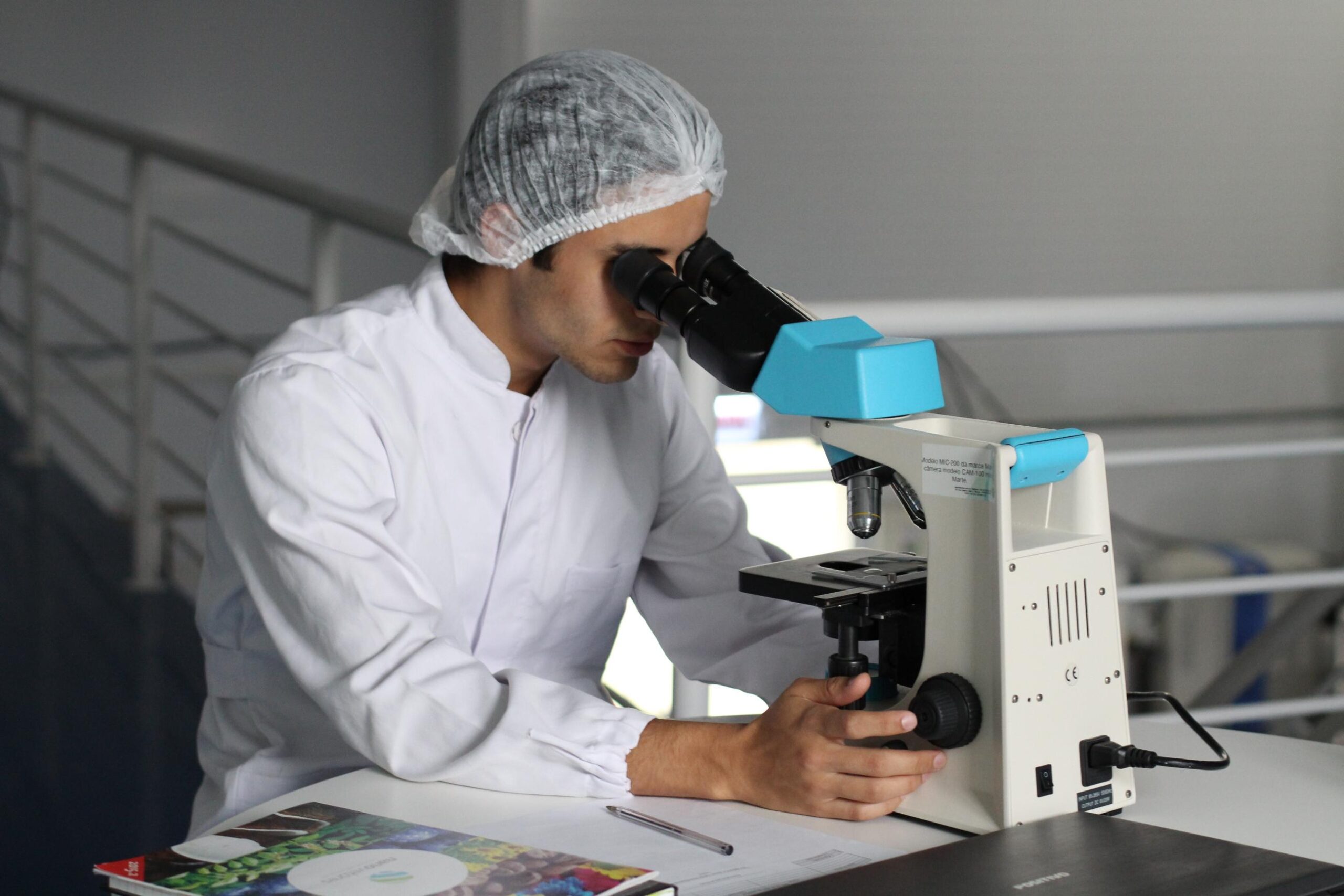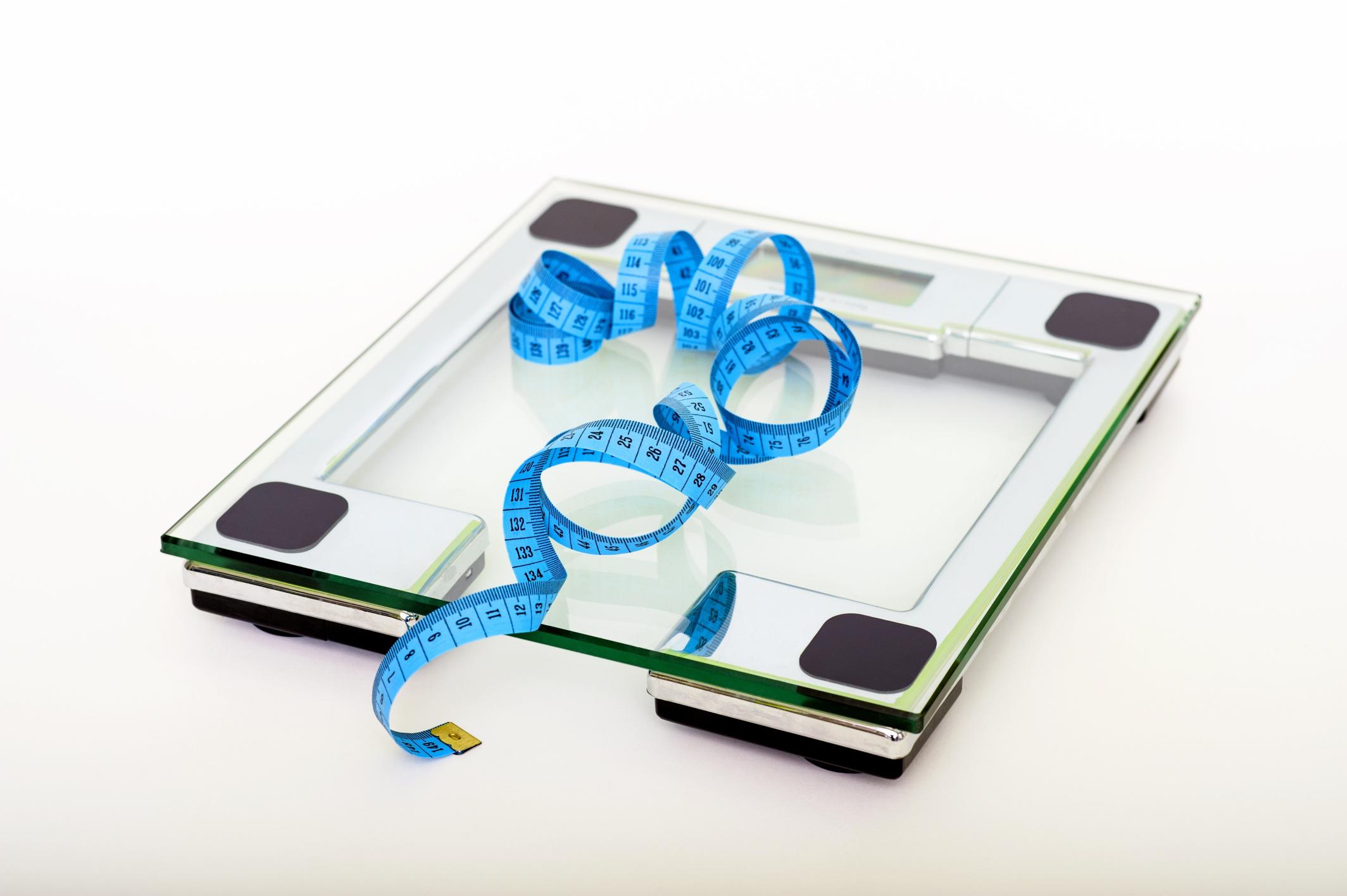The path to successful weight loss involves more than just eating right and exercising. In this journey, the importance of water cannot be overstated. Emphasize how hydration supports weight loss naturally. Our bodies need more water during active weight loss phases than during regular maintenance. This increased need stems from the body’s process of breaking down fat stores. As fat cells shrink, the body requires additional water to help flush out the broken-down fat and maintain proper organ function.
Daily water requirements
Most people need between 8-10 glasses of water daily during weight loss. However, this amount varies based on factors like.
- Body size and weight
- Activity level
- Climate conditions
- Types of food eaten
- Medical conditions
Signs of proper hydration
The urine should be clear or light yellow to indicate that you are well hydrated. Regular bathroom visits throughout the day show that the body maintains proper fluid balance. Moist lips and good skin elasticity also signal adequate hydration. The guidance provided at Medical Weight Loss Green Valley helps patients monitor these important signs.
Morning hydration habits
Starting the day with water helps kickstart metabolism. A glass of water, upon waking, rehydrates the body after sleep. This early morning habit sets a positive tone for daily fluid intake and supports the body’s natural cleansing processes.
Hydration timing throughout the day
Spacing water intake evenly throughout the day works better than drinking large amounts at once. Taking small sips frequently helps the body absorb water more efficiently. This approach prevents the discomfort of drinking too much water at one time.
Exercise and hydration needs
Physical activity increases fluid requirements. Drinking water before, during, and after exercise helps.
- Maintain energy levels
- Support proper muscle function
- Prevent overheating
- Aid recovery
Weight loss benefits of proper hydration
Good hydration supports weight loss in several ways.
- Reduces false hunger signals
- Supports proper digestion
- Helps maintain energy levels
- Aids in fat breakdown
- Supports muscle function
Special considerations for medical conditions
Some medical conditions require adjusted fluid intake. Heart, kidney, or liver conditions might need specific hydration guidelines. Always follow medical guidance for personal hydration needs.
Temperature effects on hydration
Hot weather increases fluid needs significantly. Air conditioning can mask dehydration signs. Cold environments might reduce thirst signals while the body still needs water. Adjusting intake based on environmental conditions helps maintain proper hydration.
Hydration and appetite control
Drinking water before meals helps reduce overall food intake. It creates a feeling of fullness that supports portion control. This simple strategy aids in maintaining calorie goals while ensuring proper hydration.
Tracking hydration progress
Keeping a daily water intake log helps build good habits.
- Using a marked water bottle
- Setting regular reminders
- Noting water intake in a food diary
- Checking urine colour
- Monitoring energy levels
Weather changes and hydration
Different seasons require different hydration approaches. Summer months need increased fluid intake. Winter months still require attention to hydration despite reduced thirst signals. Adapting water intake to seasonal changes maintains proper hydration year-round.
Travel and hydration maintenance
Maintaining proper hydration while travelling requires planning. Carrying water helps ensure regular access to fluids. This preparation prevents dehydration during busy days or long trips.
Severe thirst, dark urine, or dizziness signal possible dehydration problems. These symptoms need prompt medical attention. Following professional guidance helps prevent serious hydration issues. Creating sustainable hydration practices supports long-term health goals. These habits complement other healthy lifestyle changes. Together, they make a foundation for lasting weight management success.


